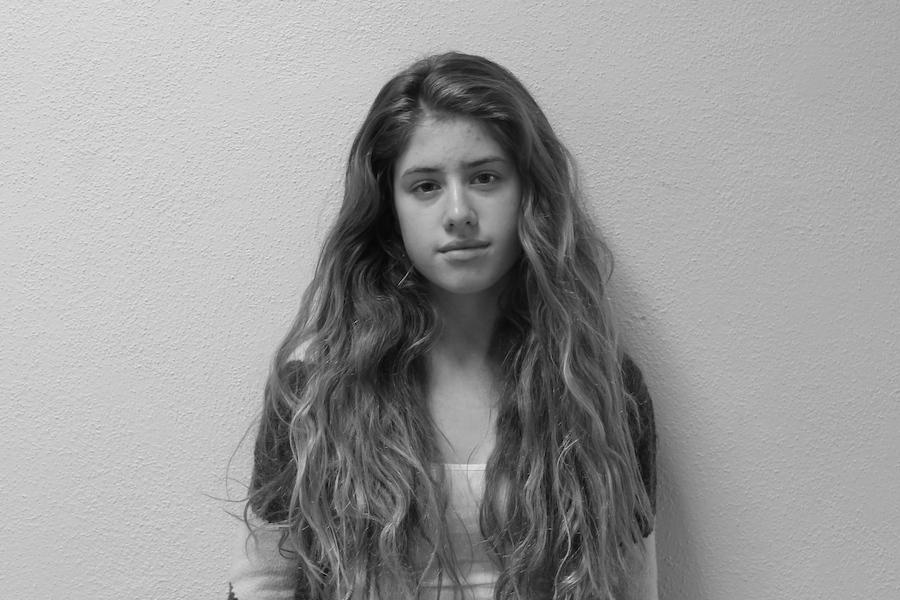“Ragtime” controversy from a Jewish perspective
Message of censorship is more offensive than the words used
February 27, 2015
After first hearing about the controversy surrounding the use of racial slurs in “Ragtime”, I was shocked to hear that a school like St. Louis Park, which so greatly values its diversity, would censor such an important subject in our American history.
My surprise became more profound, however, when I realized that only one of the many racial slurs in the show was being censored. Out of the numerous derogatory terms used in the show, including an incredibly offensive racial slur for Jewish people, the school only asked that the racial slur for Blacks be censored.
The school claimed that they did not want to offend a family audience with the use of the “n-word” in the show. While I firmly believe that the show should not have been censored at all, if it must be censored to avoid offense and make it appropriate for family audiences, the school should have censored all racial slurs.
If we choose to censor the history of one group of people in the interest of preserving dignity and respect, we must automatically do so for all others. When the school allows “Ragtime” to keep the equally derogatory terms for other social groups in the production, it is essentially prioritizing the importance of recognizing one group’s oppression over the importance of recognizing another group’s oppression.
While racial slurs for Jewish people are less commonly heard today in the St. Louis Park community, anti-Semitism and the persecution of Jews around the world is an increasingly prevalent issue. While in America we hold protests and marches in solidarity with the repeated violation of the rights of Blacks and other racial and ethnic groups, across Europe, violent hate crimes directed at Jews occur frequently.
“Ragtime” should not have been censored at all, but the fact that it was censored for some terminology and not other terminology is far more offensive than the use of any racial slur. We may not like our history, but we need to acknowledge all parts of our past, especially those that make us uncomfortable. If, for the sake of making the show family-appropriate, the school felt it was necessary to change one potentially offensive word, it must do so for all words that have the potential for demeaning a group of people.





Samantha • Oct 15, 2017 at 3:47 pm
I actually found this when I was doing a bit of research about my own school! Last year we did Ragtime and the same controversy appeared (though it garnered so much media attention that the people who had the rights to Ragtime stepped in and told us we could either not censor it or not do the show) and the same thing happened with not one mention of the Jewish slurs! Great piece btw!
Lisa Swaiman • Feb 28, 2015 at 10:19 pm
Excellent op-ed piece. Persuasive and well-written.
I agree with your point of view. No censorship — including selective censorship — should be tolerated at Park High. I’m glad to see that the ECHO still speaks out on important and controversial issues.
Lisa Swaiman
ECHO editor, 1973
Adena Goldberg • Feb 27, 2015 at 4:05 pm
Killing it James! This is awesome!